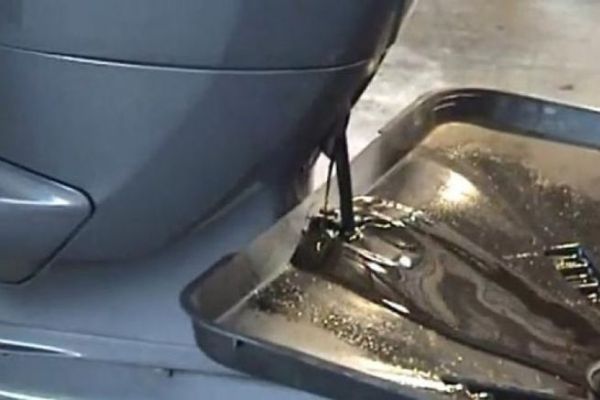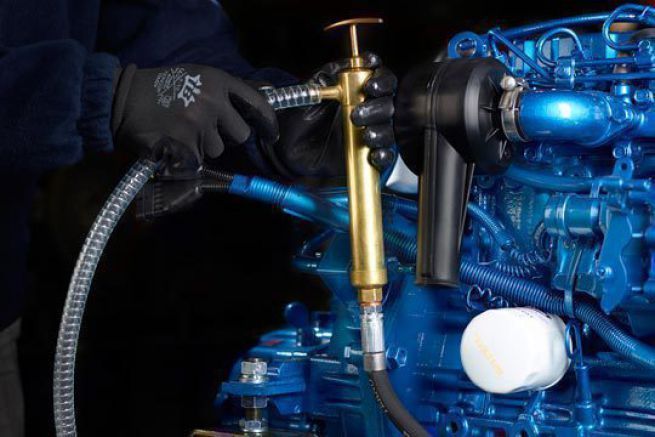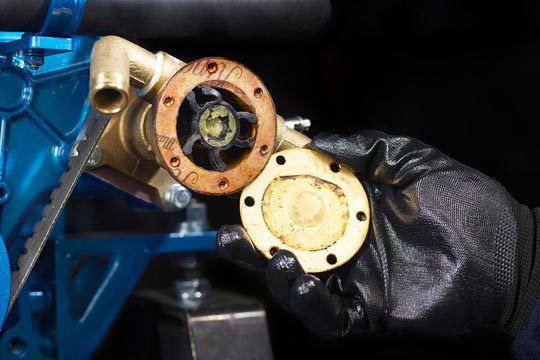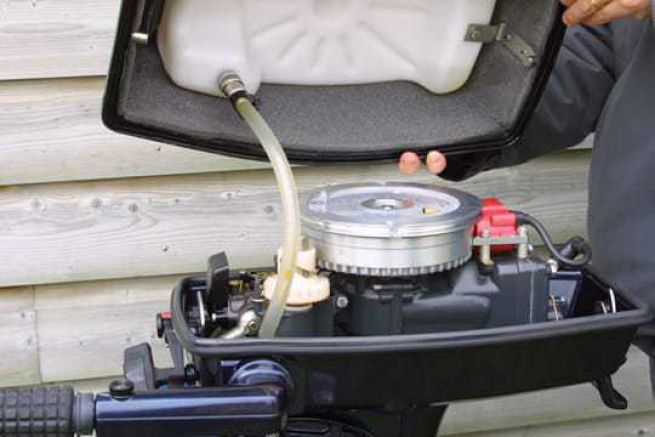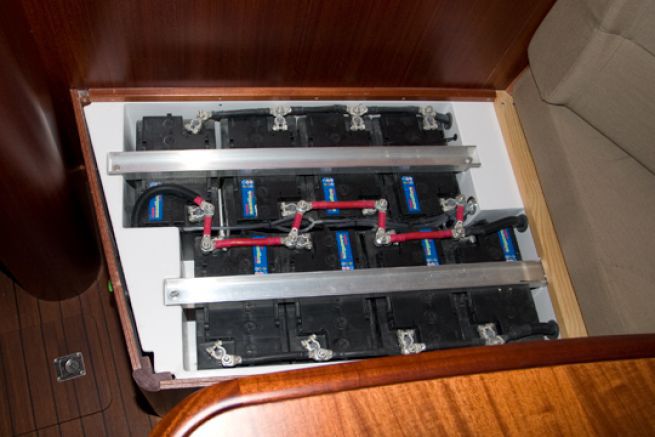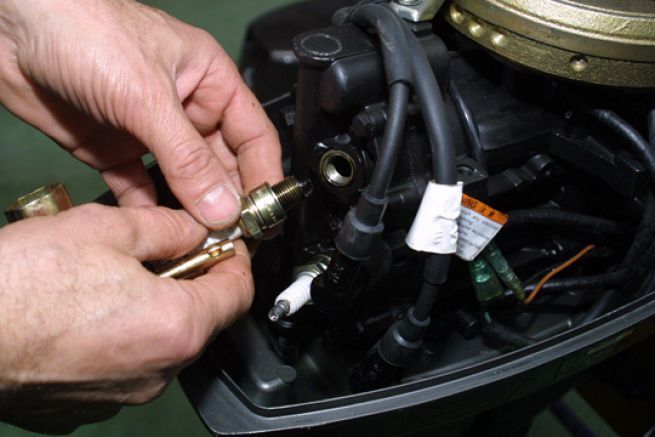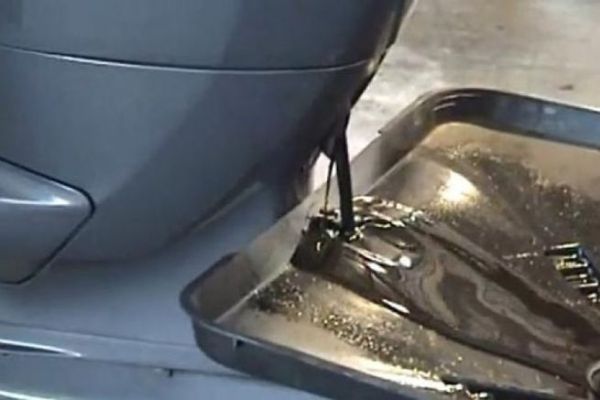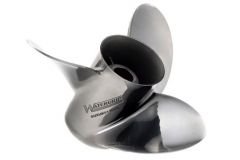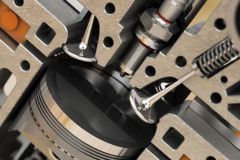Listening to the sounds of the dock, one often hears conflicting information. This is the case for marine engine oil changes. Should you change the oil at the end of the season or wait until the end of the winter season to replace the old oil with new oil?
There are two opposing schools of thought. The first one says that it is better to change the oil before wintering to let the engine bathe all winter in clean oil, the second one says that the oil should not stagnate all winter losing its properties, and it is better to replace it at the beginning of the season. Explanations and scientific justifications.
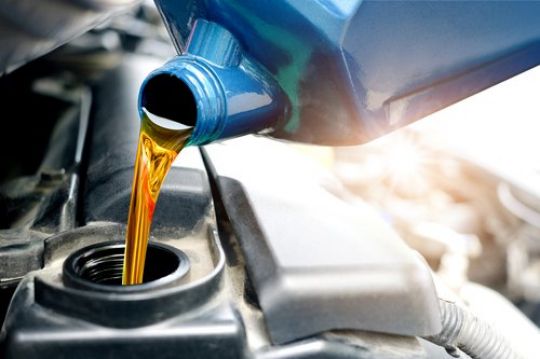
For 2-stroke oil
If 4-stroke engines (gasoline or diesel) have oil in their crankcase, 2-stroke engines are lubricated with oil mixed with fuel, specific oil intended to be burned. To ensure good combustion, these oils contain additives that promote good combustion (ether-based). However, these additives tend to evaporate over time. This is why, if you sail with a 2-stroke engine (mainly outboards), and if you have an oil tank that feeds the oil pump and makes the mixture, it is advisable to empty this tank at the end of the season. To prevent the additives from evaporating, you should fill up the oil tank at the beginning of the season with new oil. Indeed, the tank, via its air intake, cannot limit the exchanges.
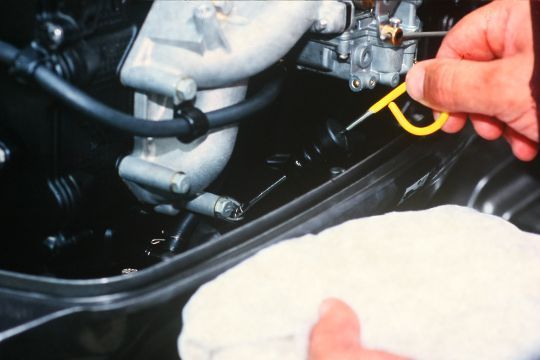
For 4-stroke engines
Whether it is a gasoline or diesel engine, inboard or outboard, the engine manufacturer will prescribe an oil change according to a number of engine hours, or at least every year. This change will be the occasion to renew the oil, but above all to check that no mechanical problem has occurred during the season. Indeed, if, for example, water had mixed with the oil, you can see it directly with the oil change (presence of "mayonnaise"). In addition, the drain plugs are often equipped with a magnet that collects the metal particles. If you find a lot of metal filings, this is a warning of abnormal friction that will have to be corrected during the winter.
That's why it's advisable to change the oil at the end of the season, before wintering. This allows you to see that everything is going well inside the engine. And for the detractors who say that new oil that will spend all winter in the crankcase will "oxidize", they should know that oil manufacturers include this option in their lubricants and that these can go through the winter without being altered.

 /
/ 